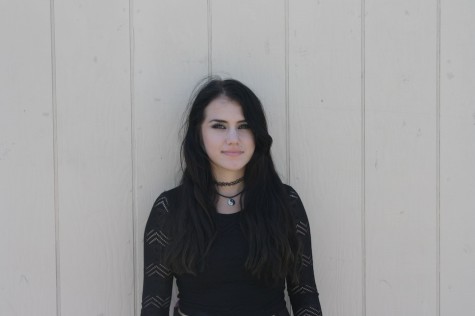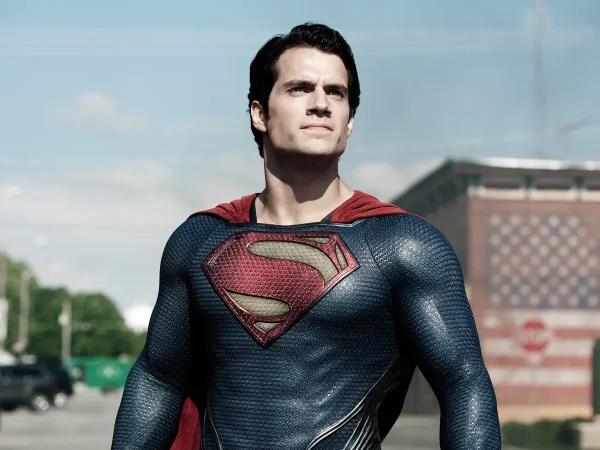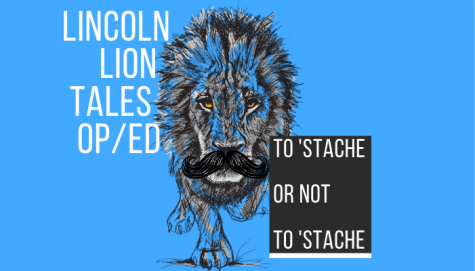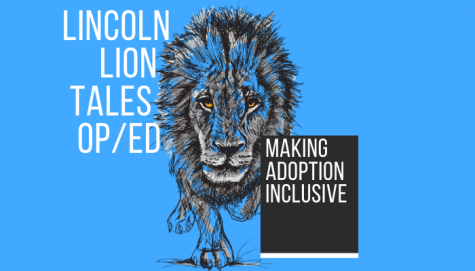Do our “likes” define our self-worth?
Does anyone remember how so many girls dyed half their hair blue when Kylie Jenner’s became popular? I do, and I’m guilty of doing the same, and also putting on too much lip liner to this day.
Being a teen in today’s society, you most likely have some form of social media you use quite often, maybe every day. Most forms of social media have the option to “like” or comment on things you post. But how does that affect us, or does it even have any effect at all?
Do our “likes” define our self-worth? Well most people would say, “Of course not! It’s just a website.” But for some people, it matters more than you think. There are tons of people who have thousands of followers on Instagram, Twitter, etc. They get hundreds, or thousands of likes on their photos, and they’re just ordinary people.
Our society is media obsessed, we love celebrities and their social lives, the drama, their love interests, even their bad days and imperfections. When ordinary people become internet famous, through Youtube, Vine, Instagram or whatever kind of social network, they are, in some of our eyes, celebrities. As a teenager, some obsess over certain stars, they consider them their idols.
Does anyone remember how so many girls dyed half their hair blue when Kylie Jenner’s became popular? I do, and I’m guilty of doing the same, and also putting on too much lip liner to this day.
So, when “ordinary” teens get thousands of followers, likes, comments, all that business, some might feel like they’re inferior. They may think, “Why don’t I get that much attention?” and doubt their appearance, may start to feel ugly. Some of us tend to idealize these people, we think they’re perfect, and we wonder “why we aren’t perfect?” We all know the truth, that nobody is perfect, perfection is a myth or what we create as extremely pleasing in our own minds, something or someone who has no flaws and can’t get any better.
We don’t know what goes on in anyone else’s minds but our own. An interesting video that relates to this topic of perfection, made by Australian model Essena O’Neill, titled, “Why I really am quitting social media.” O’Neill talks about her life being Instagram famous, and how all of her pictures that seemed “candid” were purposely posed for, and wore free clothes from companies and got paid for taking pictures in them. “I did shoots for hours just to get likes for instagram,” O’Neill says in her video. I’m sure we’ve all seen accounts where the person we follow, who has thousands of followers, poses with a product, especially “diet teas.” “Social media is a business,” says O’Neill. It’s not a secret that companies pay certain Instagram accounts to subtly advertise their product, but it seems less noticeable when the account has “authentic” styles, they pretend to be genuine.


We as humans pretend we are better than we are in any circumstance. We hide our tears from others when we are sad, we might wear a hat on a bad hair day, cover up a blemish, dress nicer than usual to compensate for how lousy we feel. It’s part of human nature. When an old friend bumps into us, and asks “How’ve you been?” we usually say, “Good,” we don’t respond negatively. We’d rather have people think we are better when we are not that great. This can be the same case on social media.

While interviewing a few students who have social media accounts, most have said they post what they want, but also 2 of them said they have deleted pictures on Instagram that didn’t get enough likes. When asked if the amount of followers matters, all said no. But, my friend whom I interviewed has, in the past, pestered me about her gaining 100 followers in a week. So its safe to say that, though we may not care, it can give us an ego boost. Think about it in this context: you walk up to a friend and ask them if your outfit looks good, because you sure think it does, but your friend just stares at you and doesn’t respond. Subtract the obvious awkwardness, and think about how you would feel. They ignored you, saw you and didn’t give you any feedback, so the conclusion would be, “No that outfit sucks, I’m not even gonna respond.”
So is social media lowering are self-esteem, or is it raising it? A 2013 Flinders University study concluded that the more time girls spent on social media, the more likely that they were to be dissatisfied with their body image and experience low self-esteem” but then another study, 2011 Cornell University study found that Facebook can have a positive impact on the self-esteem of college students, since users are able to control how they are depicted through profiles. Social profiles allow people to filter the things that they don’t wish to share with others and highlight their triumphs. So it seems it can have both negative and positive effects, but it also can depend on the form of social media one is using; Snapchat, Twitter, Instagram, Facebook. They all have different formats and ways to post. Instagram is basically just a public photo album. Facebook and Twitter is more for thoughts, things you want to write and let people know about, and Snapchat stories don’t last forever, and no one can see how many views you get on your stories except for you. So depending on the form of social media, and the way one uses it, feelings of self esteem and/or worth can differ.

Melissa Blasquez is a senior at Abraham Lincoln High School. She was born in the Bay Area, moving several times as a child. Her hobbies include reading,...







